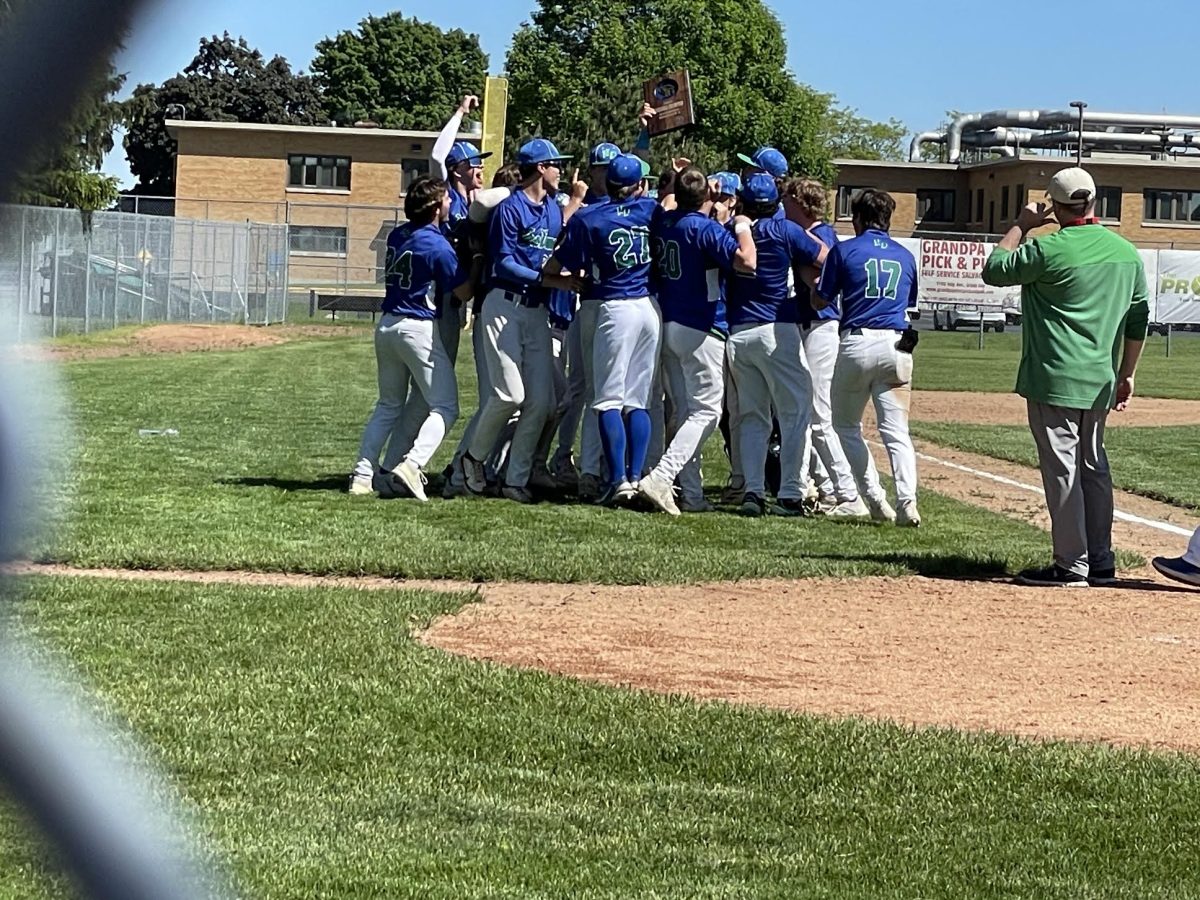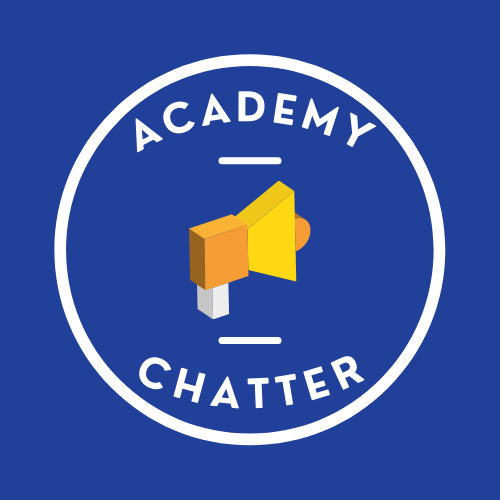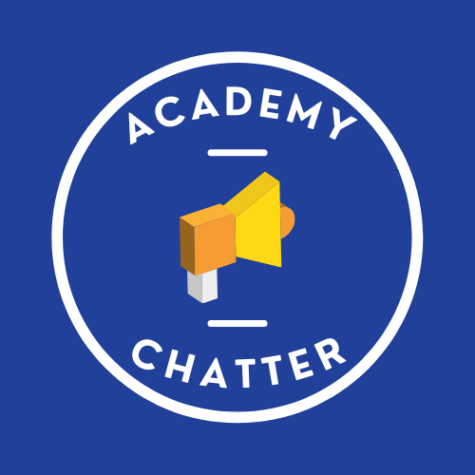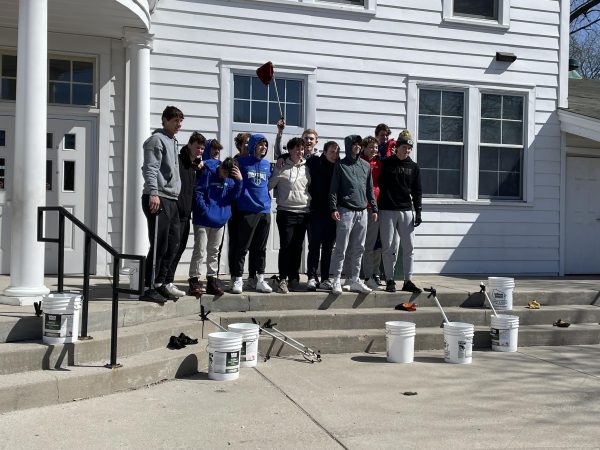Here’s to No Final Exams
April 17, 2014
Teenagers all across the US have started to prepare for those few days at the end of the school year where they’ll be sitting in the classroom taking an hour-long test. Finals are just around the corner, and as always, teenagers are overwhelmed as they realize all the testing they need to do.
Yet as common and popular as finals are within American high schools, how effective and useful are they really? The truth? Finals are ineffective in aiding student achievement; here’s why:
- Students become exhausted.
- There’s a trend of who does well.
- Teachers don’t teach; they teach for finals.
Most high schools in the US expect students to take required classes each day as part of their graduation requirement.
In order to prove a student’s worthiness in receiving the credit for the class, teachers give a final exam. That means that every year a student needs to go home, and on top of homework and extracurricular activities, study everything they’ve learned in a semester and be expected to spill it all out for five or more classes.
During finals, studies show that teen depression and anxiety dramatically rises; many students even have reported they’ve contemplated suicide to release their stress. This causes major worry within schools.
It makes sense that finals don’t always show the highest scores: students are exhausted and don’t have the energy to stay fully awake in class.
Even with these lower-than-average scores, final exams still show who does well in school and who needs to put in more effort.
In fact, according to the website Bachelor’s Degree Online, most high schools in Canada have already abolished high school final exams because teachers already know which students will score well on the finals and know that finals don’t usually affect an individual’s grade.
If finals are meant to prove that a student can retain the knowledge they’ve been taught, then it makes complete sense that the dedicated teens will have a better score than those who don’t put in all the effort to learn the material throughout the semester. Finals prove nothing, other than the consistency of a student’s work.
Yet the most disappointing aspect about final exams is the way they have influenced teachers to teach in this country.
Rather than helping students to be able to use their knowledge in the future, a large portion of American teachers have adapted their teaching styles to help their students succeed in the final.
When teaching in this format, students aren’t understanding why the knowledge is useful, other than being able to pass the final exam. This is a long-standing criticism, and one that is often used when discussing why the US education system has such low standards.
The only highly positive outcome of finals is the way they prepare students for advanced and higher studies. Most universities conduct final exams on a regular basis, which makes most high schools feel as though finals prepare students for college testing.
“As an educator, I understand that standardized testing is a part of life,” said Notre Dame Academy English teacher Jean Thillman. “Until that changes, I will continue to give final exams as a way to prepare my students for some of the higher-stakes tests they will take in their future.”
If students live to take exams, then the way high schools conduct education should receive a standing ovation. They’re letting students know that knowledge is only needed to pass an exam.
Finals prove to some that they will succeed, and tell others that they are not working hard enough–information those students already knew. They also encourage teenagers to barely function for a few days and get little rest.
The education in the US needs to change, and the first step will be to abolish finals.






































